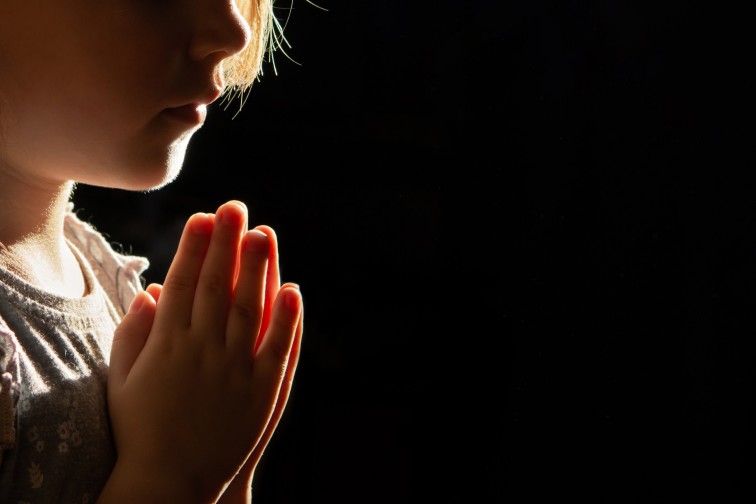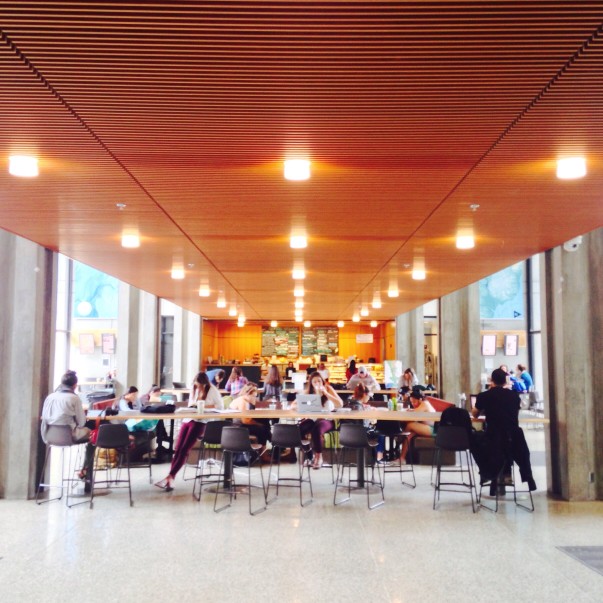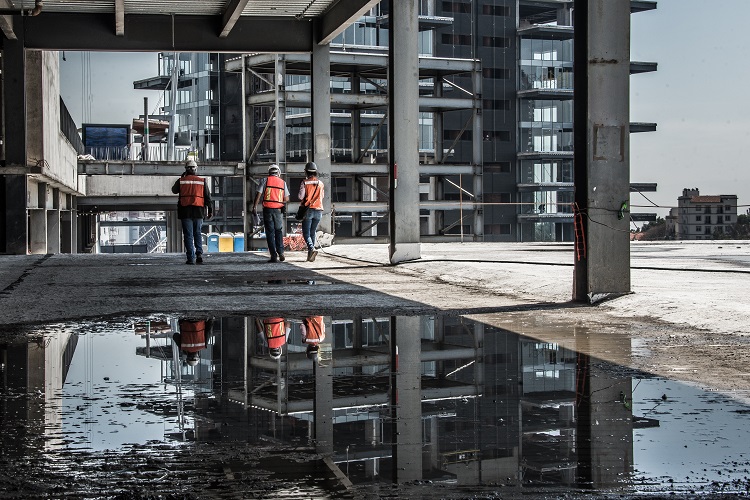“Security is everyone’s responsibility…”
As it rarely is, my attention was caught by the voice on the airport PA system. Over the years, I’ve become used to the obnoxious drone, “Is that your bag?” but this was new. I replayed the message in my mind: “Security is everyone’s responsibility.” This was more than a generic public service announcement. Perhaps unintentionally, this simple statement was making a significant philosophical argument—one that isn’t made often these days.
An assumption of personal responsibility was inherent in the message. The specific recommendations included: “Keep an eye on your bag, so that no one takes it or tampers with it. Watch for suspicious behavior and alert an authority.” It wasn’t meant to suggest that we are in some post-apocalyptic, anarchical society where you need to give a paranoid look around every corner to ensure your safety. It did, however, intimate that each of us has an active part to play in keeping our society safe.
Contrast this with a great deal of contemporary thinking. Danger is often seen as a plight that we can only counter by restricting liberty and expanding the reach of authorities. Since 2001, airports are a prime example of this: families can no longer send their loved ones off at the gate; if you’re thirsty, you’ll have to spend $6 on bottled water once you’ve made it through security; the list goes on… These precautions are not necessarily bad—many of them are worthwhile. But they become worrying when they signal a dismissal of personal agency and a complete outsourcing of security to the authorities.
The same trends are at work when it comes to economic insecurity. Instead of depending on ourselves and our communities (as imperfect as they both are), we are increasingly turning to government protection to ensure our economic livelihoods. Think of our numerous entitlement programs and government bailouts, to name a few examples. Like protection from physical harm, economic security is a good thing, but we inevitably sacrifice freedom—and beauty in life, I might add—to ensure these protections. Is it worth it?
Allow me to share a lengthy excerpt from Alexis de Tocqueville’s “Democracy in America”:
What good does it do me, after all, if an ever-watchful authority keeps an eye out to ensure that my pleasures will be tranquil and races ahead of me to ward off all danger, sparing me the need even to think about such things, if that authority, even as it removes the smallest thorns from my path, is also absolute master of my liberty and my life; if it monopolizes vitality and existence to such a degree that when it languishes, everything around it must also languish; when it sleeps, everything must also sleep; and when it dies, everything must also perish?
There are some nations in Europe whose inhabitants think of themselves in a sense as colonists, indifferent to the fate of the place they live in. The greatest changes occur in their country without their cooperation. They are not even aware of precisely what has taken place. They suspect it; they have heard of the event by chance. More than that, they are unconcerned with the fortunes of their village, the safety of their streets, the fate of their church and its vestry. They think that such things have nothing to do with them, that they belong to a powerful stranger called “the government.” They enjoy these goods as tenants, without a sense of ownership, and never give a thought to how they might be improved. They are so divorced from their own interests that even when their own security and that of their children is finally compromised, they do not seek to avert the danger themselves but cross their arms and wait for the nation as a whole to come to their aid. […]
When a nation has reached this point, it must either change its laws and mores or perish, for the well of public virtue has run dry: in such a place one no longer finds citizens but only subjects.
If we are to retain our uniquely American way of life, we must be an active, responsible citizenry. The government has a critical role—as John Locke and many founders agreed—to protect life, liberty, and property. The breadth of its role can and should be debated, but it must be a complementary one to civil society, not an overpowering one.
Whether we find ourselves in an airport or in the economy, we ought to remember that we each have worth, agency, and responsibility. We are not merely subjects of an all-powerful government, but active, purposeful citizens in a society. This is an important truth—again, one that our way of life depends on.
You don’t have to take my word for it. The next time you’re hurrying to a flight, listen to the voice over the airport PA system. It might be saying the same thing.



